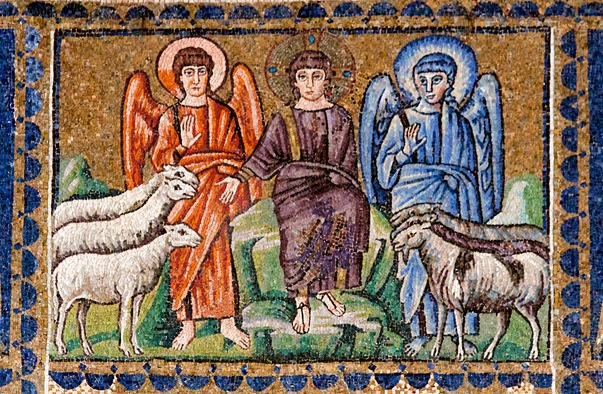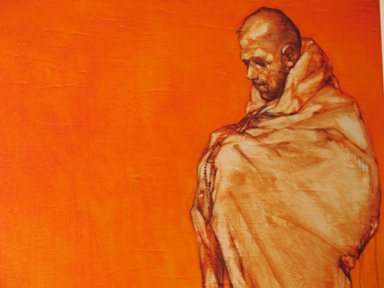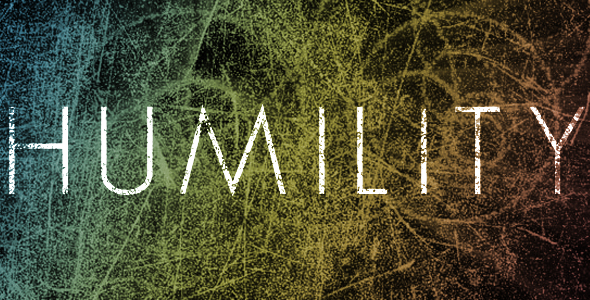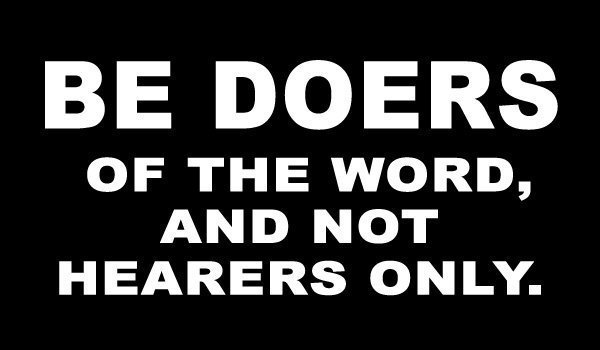Sharing the light
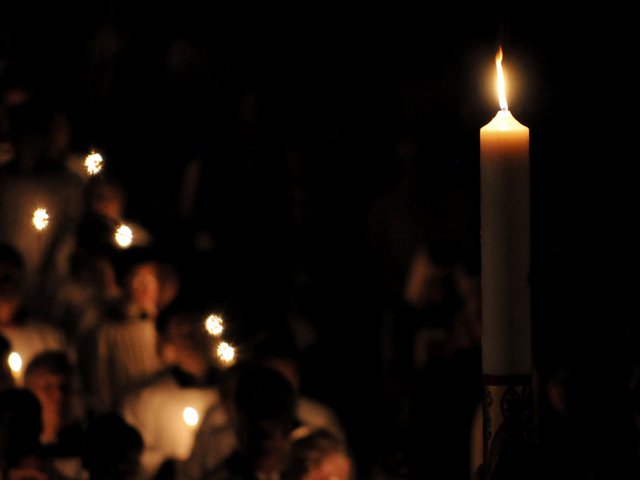
There was a hermit in Scetis who lived in a satisfactory way, but he was not good at remembering what he heard. So he went to John the Short to ask him about his forgetfulness. He listened to John, went back to his cell and forget what he had been told.
He came a second time and asked him the same question, listened, went back, and forgot what he had heard the moment he reached his cell. Many times he went backwards and forwards, but could never remember. He happened to meet John and said, “Do you know, abba, I’ve forgotten all you told me? I don’t wan to disturb you, so I didn’t come again.”
John said to him, “Go and light a lamp,” and he lit it. John said, “Bring more lamps and light them from the first,” and he did so.
John said to him, “Was the first lamp harmed, because you used it to light others?” He said, “No.”
“In the same way,” he replied, “John would not be harmed. If all the monks of Scetis should come to me, it would not keep me from God’s love. So come to me whenever you want, and don’t hesitate.”
So, by patience on both sides, God cured the forgetfulness of the hermit. This was the work of the hermits of Scetis, to strengthen those who were attacked by passion; their experience in conflict with themselves meant that they were able to help others along the way.
– De vitis Patrum, Sive Verba Seniorum, Liber V
